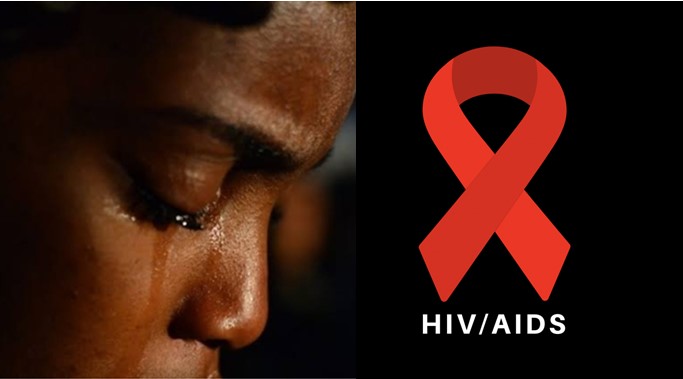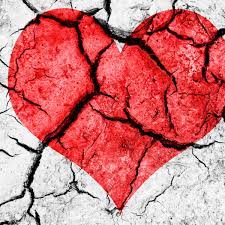If you are a woman, you may want to explore how your HIV symptoms may differ from those of men.
Numerous HIV symptoms are similar in nature to one another, although not all. Here’s a world-class list of ten common indications, including those directed specifically at women, that everyone should examine.
1. Forewarning signs
It is common for people to be symptomless in the first few weeks after being infected with HIV. A few individuals may exhibit smooth flu-like symptoms, including the following:
Typically, these indications vanish within a month. Occasionally, it may take up to ten years for more exceptional signals to manifest.
2. Dermatological rashes and wounds
By far the majority of people living with HIV develop skin problems. The most noticeable symptom of HIV is a rash. The skin of an HIV patient can become extremely sensitive to aggravating factors and sunlight. A rash may manifest as a flat red patch with small thumps, and the skin may become crusty.
Wounds or injuries to the skin of the mouth, private parts, or behind can be difficult to treat. Additionally, those living with HIV are at an increased risk of contracting herpes and shingles. Skin problems may become less extraordinary with proper medicine.
3. Inflamed organs
Our bodies contain lymph nodes throughout, including the neck, back of the head, armpits, and groin. As a component of the immune system, our lymph nodes combat pollution by protecting healthy cells and isolating dangerous molecules.
As the HIV infection spreads, the safe system is activated. The result is enlarged lymph nodes, which are sometimes referred to as bloated organs. It is frequently one of the primary symptoms of HIV. Swollen organs may prop up for a period of time in HIV-infected individuals.
Disabilities Cunning contamination
makes it easier for the immune system to protect against germs, making it easier for cunning contamination to establish a foothold.
Pneumonia, TB, and hepatitis C are only a few of these. HIV-positive individuals are predisposed to illnesses of the skin, eyes, lungs, kidneys, stomach, and mind. It may also be more difficult to handle common illnesses such as influenza.
Avoiding all hazards, such as progressive hand washing and HIV medication, will help prevent a portion of these diseases and associated complications.
5. High fever and night sweats
Individuals infected with HIV may endure prolonged periods of low-grade fever. A temperature of 99.8°F and 100.8°F (37.6°C and 38.2°C) is considered an inferior fever.
When anything is wrong with your body, your body produces a fever, but the cause is not always obvious. Because it is a mild fever, many who are unaware of their HIV status may disregard the indication. Occasionally, night sweats that disrupt sleep may accompany fever.

.jpeg&w=60&q=100&h=60)




.jpeg&w=60&q=100&h=60)






